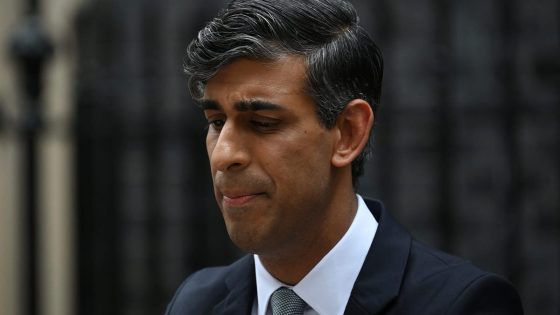The united states has officially notified the United Nations of its decision to rescind $4 billion in outstanding pledges to the Green Climate Fund. This action, announced on February 5, 2025, marks a significant shift from previous administrations, as no other country has ever rescinded committed funds to the initiative aimed at supporting climate change efforts in developing nations.
- U.S. rescinds pledges to Green Climate Fund.
- Previous administrations' pledges remain intact.
- Green Climate Fund established in 2010.
- Biden administration committed $3 billion in 2023.
- U.S. has delivered only $2 billion so far.
- Other countries have contributed more funds.
The Green Climate Fund, established in 2010, has approved $16 billion in projects to aid clean energy and climate adaptation globally. The U.S. had previously committed a total of $6 billion to the fund, with only $2 billion delivered to date.
The Green Climate Fund was created to assist developing countries in their efforts to combat climate change. Since its inception, it has funded a variety of projects aimed at promoting clean energy and enhancing climate resilience. The U.S. had pledged a total of $6 billion, making it the largest contributor to the fund. However, the recent decision to rescind $4 billion in outstanding pledges indicates a departure from the funding commitments made by previous administrations.
To date, the U.S. has delivered only $2 billion of its pledged amount. Other countries, including Germany, France, Japan, and the United Kingdom, have fulfilled their commitments more fully, contributing significant funds to the Green Climate Fund. The Biden administration had matched an earlier pledge made during the Obama administration, but the current rescission of funds raises questions about the future of U.S. involvement in international climate financing.
In summary, the U.S. decision to rescind its pledges to the Green Climate Fund is a notable event in international climate finance. This action not only affects the fund’s financial resources but also reflects broader shifts in U.S. climate policy under the current administration.
This recent development underscores the evolving landscape of international climate funding and the importance of maintaining commitments to combat climate change effectively.


















![[BREAKING] Fire erupts on Air Busan Plane at Gimhae Airport; All 176 onboard safely evacuated](https://news.faharas.net/wp-content/uploads/2025/01/Fire-Breaks-Out-on-Air-Busan-Flight-at-Gimhae-Airport-230x129.png)














